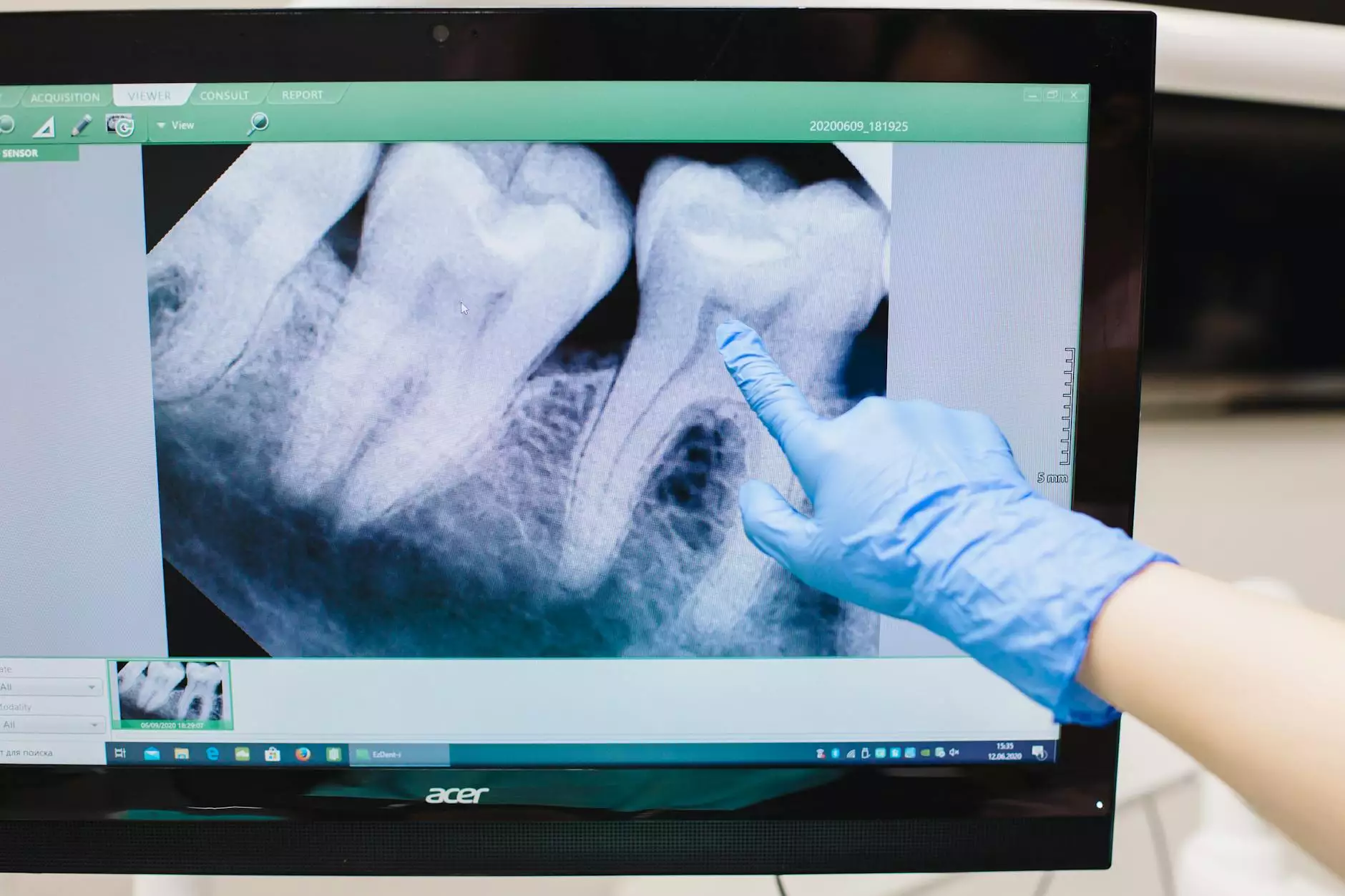Empowering Health Through Naturopathic and Holistic Practices

In today's fast-paced world, the pursuit of optimal health and well-being has become more crucial than ever. Individuals are increasingly seeking natural and holistic approaches to healthcare that address the underlying causes of their ailments rather than just alleviating symptoms. This article will explore how the principles of naturopathy, holistic healing, and proper nutrition can dramatically improve your life. For more information, you can visit www.linksalute.com.
Understanding Naturopathic and Holistic Health
Naturopathic and holistic health emphasize the importance of treating the whole person rather than merely focusing on specific symptoms. This approach encompasses various therapies and modalities that support the body's natural healing processes. Here’s an overview of both practices:
- Naturopathy: Naturopathic medicine utilizes natural remedies, including herbs, nutrition, and physical therapies, to promote health and healing.
- Holistic Health: Holistic practices consider the mental, emotional, social, and spiritual elements of health, fostering balance within these areas.
The Core Principles of Naturopathic Medicine
Naturopathic medicine is guided by several key principles that distinguish it from conventional practices:
- First Do No Harm: Practitioners emphasize safe treatments that minimize the risk of side effects.
- Treat the Whole Person: Naturopaths consider the physical, mental, and emotional aspects of health.
- The Healing Power of Nature: They believe in the body’s intrinsic ability to heal itself when given the right support.
- Doctor as Teacher: Educating patients about their health and wellness is fundamental in a naturopathic practice.
- Prevention: Emphasis is placed on disease prevention and maintaining health.
The Role of Nutrition in Naturopathic Health
Nutrition plays a pivotal role in naturopathic practices. A personalized diet tailored to an individual's unique needs can significantly enhance overall health. Here are key components:
- Whole Foods: Emphasizing fresh fruits, vegetables, whole grains, and lean proteins promotes optimal nutrition.
- Individualized Diet Plans: Understanding specific health conditions allows for the creation of diet plans that cater to individual needs.
- Mindful Eating: Encouraging a conscious approach to eating can prevent overeating and foster better digestion.
- Nutritional Supplements: Depending on individual requirements, naturopaths may recommend suitable vitamins and minerals.
Common Dietary Practices in Naturopathic Health
Here are some effective dietary practices often recommended in naturopathic care:
- Anti-inflammatory Diet: Reducing inflammation through dietary choices can help with various health conditions.
- Detox Programs: Specific programs may help cleanse the body of toxins, promoting overall wellness.
- Balanced Macronutrients: Ensuring a proper balance of carbohydrates, proteins, and fats is crucial for sustained energy levels.
Benefits of Naturopathic and Holistic Approaches
The benefits of adopting a naturopathic and holistic approach to health are numerous. By focusing on comprehensive patient care, individuals can experience:
- Enhanced Vitality: Individuals often report higher energy levels after adopting these practices.
- Improved Mental Clarity: Nutrition and lifestyle changes can lead to better focus and cognitive function.
- Emotional Balance: Addressing mental and emotional well-being helps in achieving a healthier mindset.
- Stronger Immune System: A well-rounded approach to health supports a robust immune response.
Addressing Common Health Conditions
Naturopathic and holistic practices are particularly effective for managing various health conditions, including:
- Digestive Disorders: Conditions like irritable bowel syndrome (IBS) can often be managed through dietary adjustments and herbal remedies.
- Chronic Pain: Holistic approaches can provide relief for chronic conditions such as arthritis through a combination of therapies.
- Stress and Anxiety: Mindfulness practices, coupled with nutritional support, can significantly reduce stress levels.
- Skin Conditions: Naturopathy can address issues like eczema and acne by identifying dietary triggers.
Finding a Naturopathic Practitioner
Choosing the right naturopathic practitioner is essential for receiving quality care. Here are some tips to guide you:
- Check Credentials: Ensure that your practitioner is licensed and has completed accredited education in naturopathy.
- Specialization: Look for practitioners who specialize in the areas of health relevant to your needs.
- Personal Connection: A trusting relationship is fundamental in holistic practices for effective care.
- Consult Reviews: Look for feedback from previous patients to gauge their experiences.
Integrating Naturopathic Care with Conventional Medicine
Naturopathic medicine can complement conventional healthcare effectively. Collaboration between practitioners often leads to improved patient outcomes. Here’s how:
- Open Communication: Ensure that your healthcare providers are aware of all treatments you’re undergoing.
- Shared Goals: Establish common health objectives for a more integrated approach to your care.
- Holistic Evaluations: Look for practitioners who appreciate both perspectives to create the best treatment plans.
The Future of Naturopathic and Holistic Health
The future of health lies in the integration of natural and holistic practices with conventional medicine. As public awareness increases regarding the inefficiencies of solely pharmaceutical interventions, more individuals are turning to a wellness-centric model. The benefits of integrating the best of both worlds can lead to better health outcomes and more satisfied patients.
Conclusion
Exploring the avenues of naturopathic and holistic health offers a wealth of benefits for those willing to embrace a transformative journey toward better well-being. With a focus on nutrition, natural remedies, and a comprehensive understanding of health, individuals can achieve extraordinary levels of vitality. To learn more about how these practices can benefit you, visit www.linksalute.com.
As you navigate your personal health journey, consider the wealth of knowledge and resources available through naturopathic practitioners. Empower yourself with the understanding that your health is within your control and that sustainable changes can lead to profound improvements in your quality of life.



